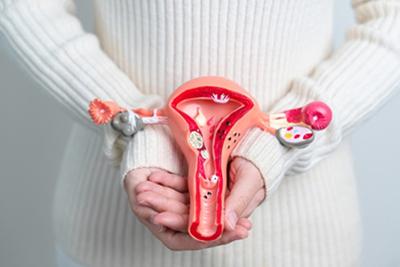
Blog
-
Types of Hysterectomy: Exploring Different Surgical Approaches and Techniques
posted: Apr. 18, 2024.

-
Introducing AWHC Midwifery Services Across Five New Illinois Locations
posted: Mar. 18, 2024.

-
Understanding Menopause: What Every Woman Should Know
posted: Mar. 04, 2024.
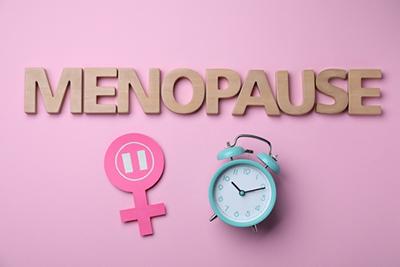
-
Your Contraception Options
posted: Jan. 08, 2024.
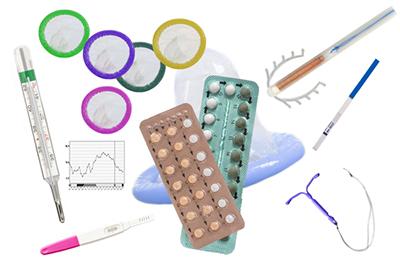
-
Navigating the Diagnosis: What To Expect When You Suspect PCOS
posted: Jan. 02, 2024.
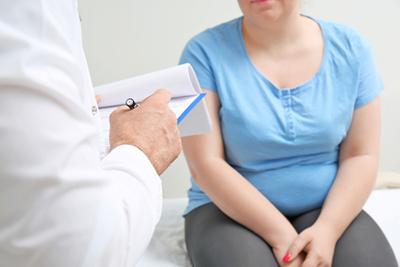
-
What Is VBAC? Understanding Vaginal Birth After Cesarean
posted: Nov. 06, 2023.

-
Different Types of Hysterectomy
posted: Nov. 01, 2023.
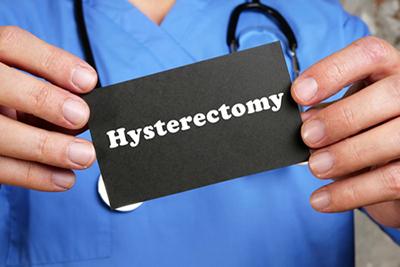
-
Should You Start Considering Contraception?
posted: Sep. 19, 2023.

-
What Is Menopause?
posted: Jul. 16, 2023.
Advanced Women's Healthcare is here when you need help managing menopause in Bloomington, IL. Our team of doctors, nurses, and counselors can help whenever you have a women's health concern, Read more -
Why Getting Routine Pap Smears Is Important
posted: Jul. 14, 2023.
At Advanced Women's Healthcare, our many doctors can help you diagnose and treat many dangerous conditions. For example, we can help detect potential problems that might lead to cervical cancer Read more -
Types of Contraception
posted: Jul. 12, 2023.
Getting pregnant and having a baby will change your life. In fact, the change is so significant you should be able to plan when you want to have a family. Read more -
When To Talk to Your OBGYN About Irregular Bleeding
posted: Jul. 10, 2023.
Irregular bleeding refers to abnormal patterns of menstrual bleeding that deviate from a woman's typical menstrual cycle. It can manifest as unusually heavy or light flow, prolonged periods, spotting between Read more -
Early Signs of Menopause
posted: Apr. 14, 2023.
One of the first, clear signs of menopause is a distinct change in the menstrual cycle. If you’re starting to experience these changes or other symptoms, Advanced Women’s Healthcare can Read more -
Common Causes of Urinary Incontinence
posted: Apr. 12, 2023.
Unfortunately, urinary incontinence is a fairly common issue that many women struggle with. It can make you feel embarrassed and ashamed and it’s important to get the treatment that you Read more -
Early Symptoms of Menopause
posted: Feb. 17, 2023.
How your gynecologists in Bloomington, IL, can help with menopause symptoms Menopause happens to women, and each woman will experience menopause differently. Some women don’t have any adverse effects going through Read more -
Contraception Methods & Options
posted: Feb. 16, 2023.
When you are in need of contraception advice, Advanced Women's Healthcare in Bloomington, IL has a team of medical professionals who can recommend and prescribe, when necessary, the contraception methods Read more